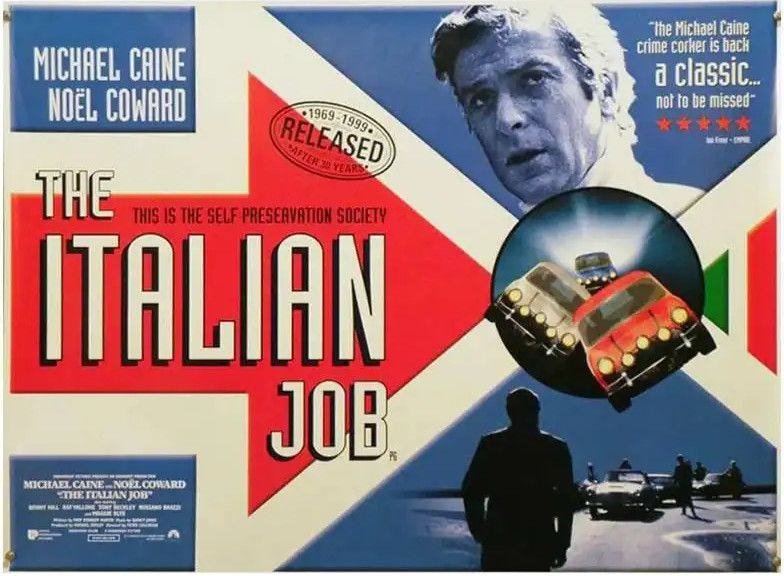
Happy Friday friends,
I’ve been, as you know, in Rome this week. I’m writing this mid-flight.
JD suggested that I give myself the week off and just pack the newsletter with tourist pictures, but I didn't take any this trip. It’s been something of a flying visit, unfortunately — more of an Italian Job than a Roman Holiday. There are, at last count, at leas…
